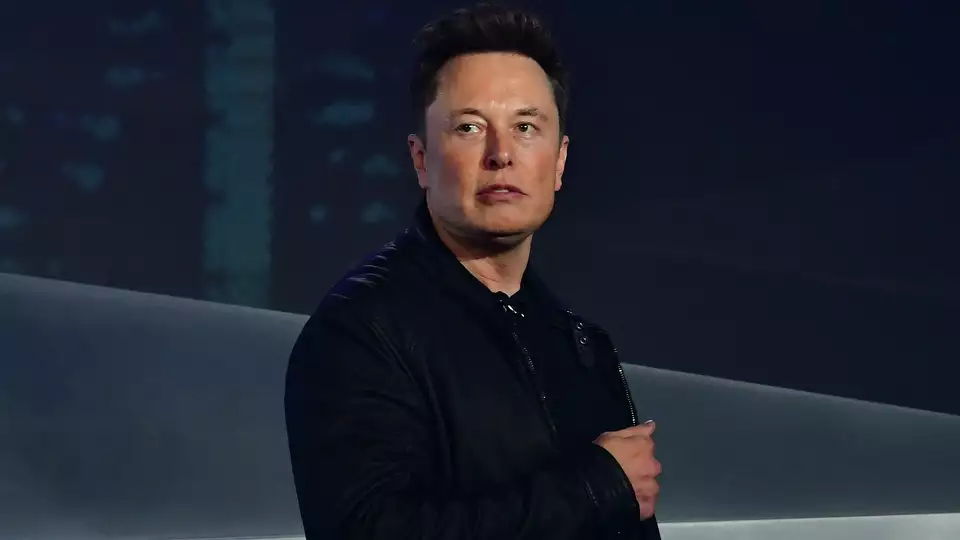Over the past decade, Tesla has solidified its reputation as a premier automaker, a stock market powerhouse, and a symbol of the potential of green energy. However, the company now faces a period of significant turmoil.
Under the leadership of Elon Musk, Tesla, with its flagship factory in Fremont and an engineering hub in Palo Alto, is enduring one of its most challenging months in history. Key markets are showing signs of decline, long-time supporters and influencers are shifting their perspectives, and customer relations are deteriorating. Moreover, a competitor has announced a major breakthrough. Investors, who once valued Tesla like a tech company rather than a traditional automaker, have wiped hundreds of billions of dollars off its market capitalization in February and early March.
J.P. Morgan auto analyst Ryan Brinkman noted in a March 12 report, “We struggle to think of anything analogous in the history of the automotive industry, in which a brand has lost so much value so quickly.”

Tesla’s troubles worsened when, on Thursday, the National Highway Traffic Safety Administration (NHTSA) revealed a fresh setback: a recall affecting 46,096 Cybertrucks. This recall, which applies to virtually every Cybertruck on the road, highlights a flaw where an exterior panel on the vehicle may detach due to structural adhesive failure. This marks the eighth recall for the Cybertruck since its late-2023 debut.
However, Tesla’s current predicament is not solely attributed to its vehicles’ build quality but also to Musk’s controversial actions. Musk, who joined Tesla shortly after its 2003 founding, has recently escalated his political involvement. When President Donald Trump began his second term in January, Musk engaged in aggressive efforts to reshape the federal government, which included mass layoffs and cuts to popular government programs. His role as an unelected billionaire attempting to dismantle established government structures has sparked backlash, particularly from those on the political left.
For many of Musk’s critics, Tesla became an easy target. High-profile figures like country music star Sheryl Crow severed ties with the brand, and after Musk labeled Senator Mark Kelly a “traitor” over his visit to Ukraine, the war veteran followed suit. Protests at Tesla showrooms, which have drawn thousands of participants nationwide, have called for a boycott of the company. Additionally, 404 Media reported that an online group named “Dogequest” attempted to coerce Tesla owners into selling their vehicles by publicly posting their personal information. Police across the country have reported incidents of vandalism, and during a March 11 photo op with Musk at the White House, President Trump threatened domestic terrorism charges against those involved.
The connection between Tesla and Musk’s controversial persona is more than just a political issue; it also poses a significant financial challenge for the company. In February, Tesla sales plummeted in key European markets, including Norway, France, and Germany. In California, the largest electric vehicle market in the United States, Tesla’s Model Y saw a decline in popularity by the end of last year. Additionally, YouTubers, once vocal advocates for Tesla, have notably reduced their endorsements of the brand, as pointed out by New York magazine’s Intelligencer.
Musk’s political stances are not the company’s only struggles. According to Electrek, used Tesla prices are performing poorly compared to other cars, which could deter potential buyers. Meanwhile, BYD, China’s largest electric vehicle manufacturer, announced a technological advance allowing their vehicles to charge in just five to eight minutes, outpacing even Tesla’s Superchargers. Although BYD does not yet sell in the U.S., its market share gains in China are likely to hurt Tesla’s prospects.
In contrast, Tesla’s only notable success this month has been securing a permit to operate autonomous passenger vehicles in California. While Tesla remains an immensely valuable company with popular cars known for their design and eco-friendly features, the challenges it faces in 2025 indicate a difficult road ahead.
